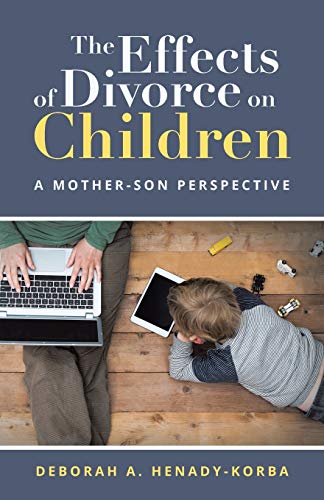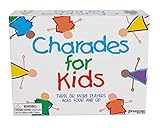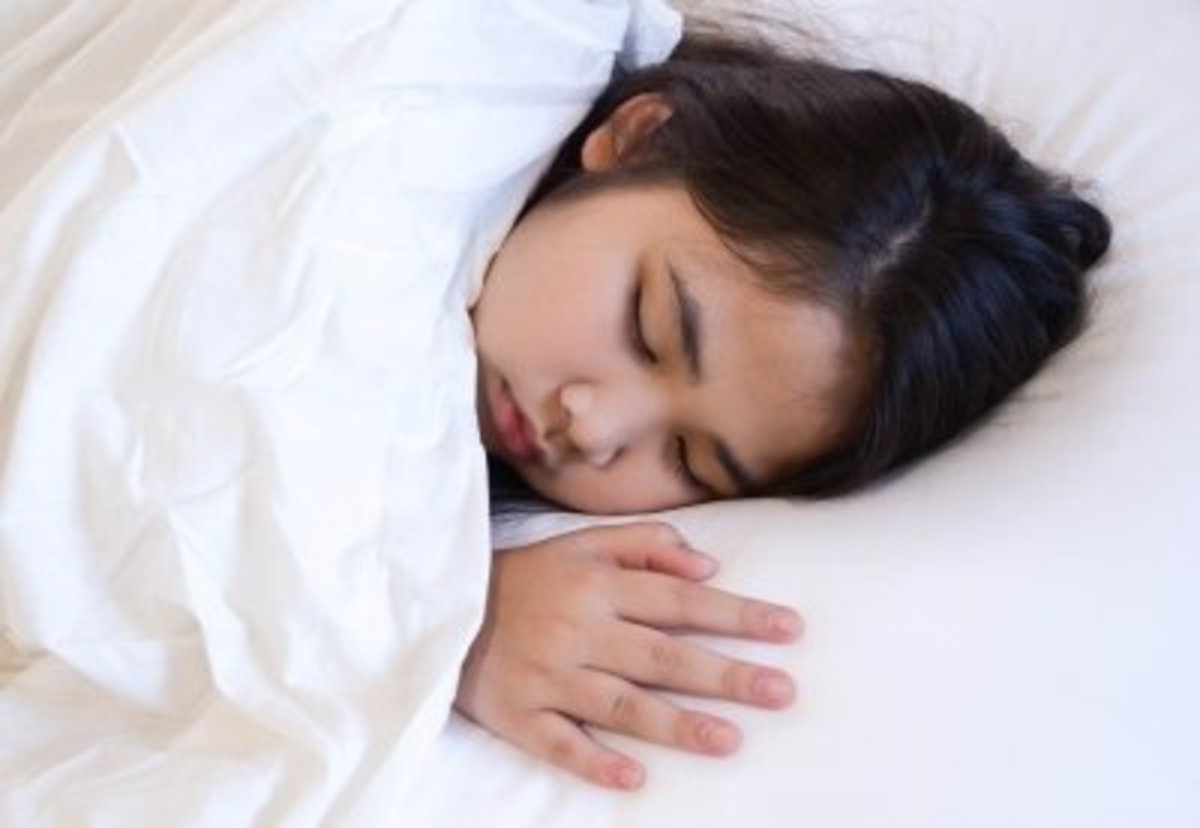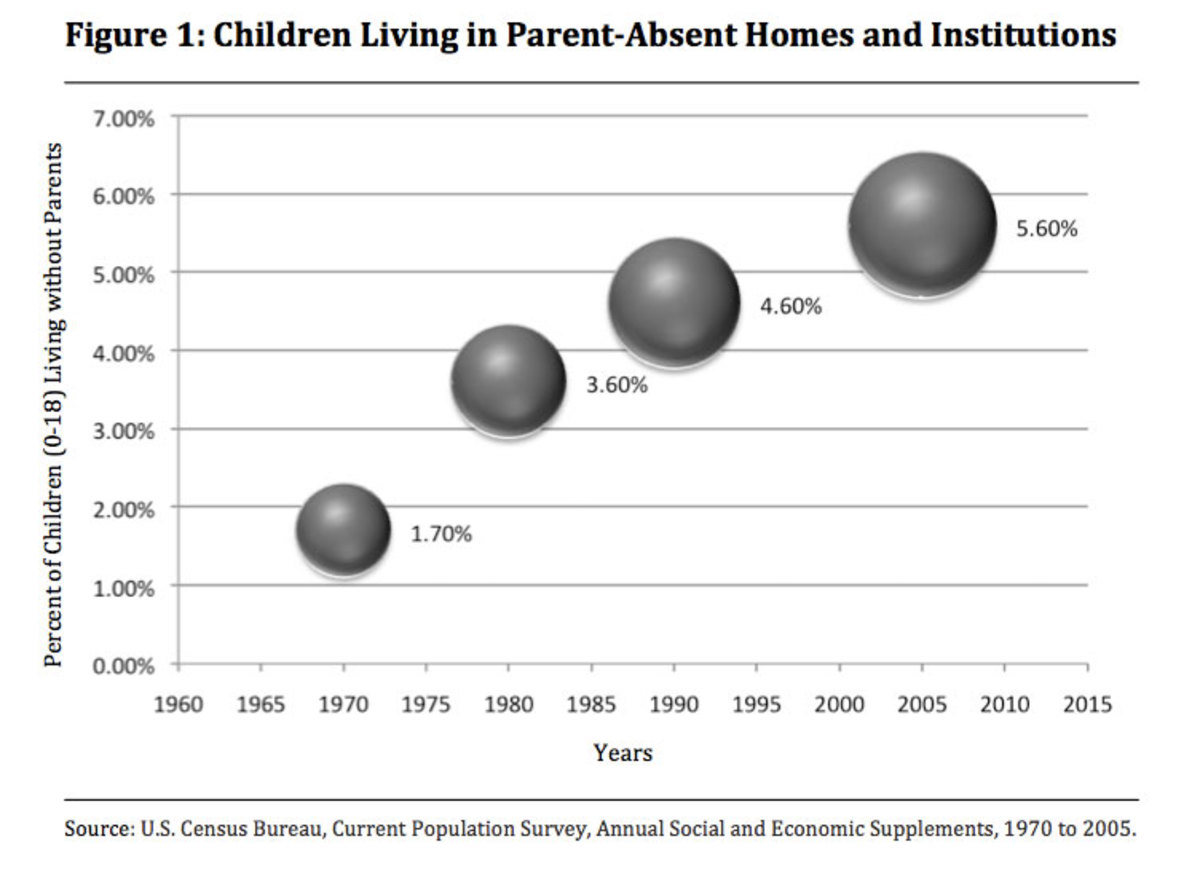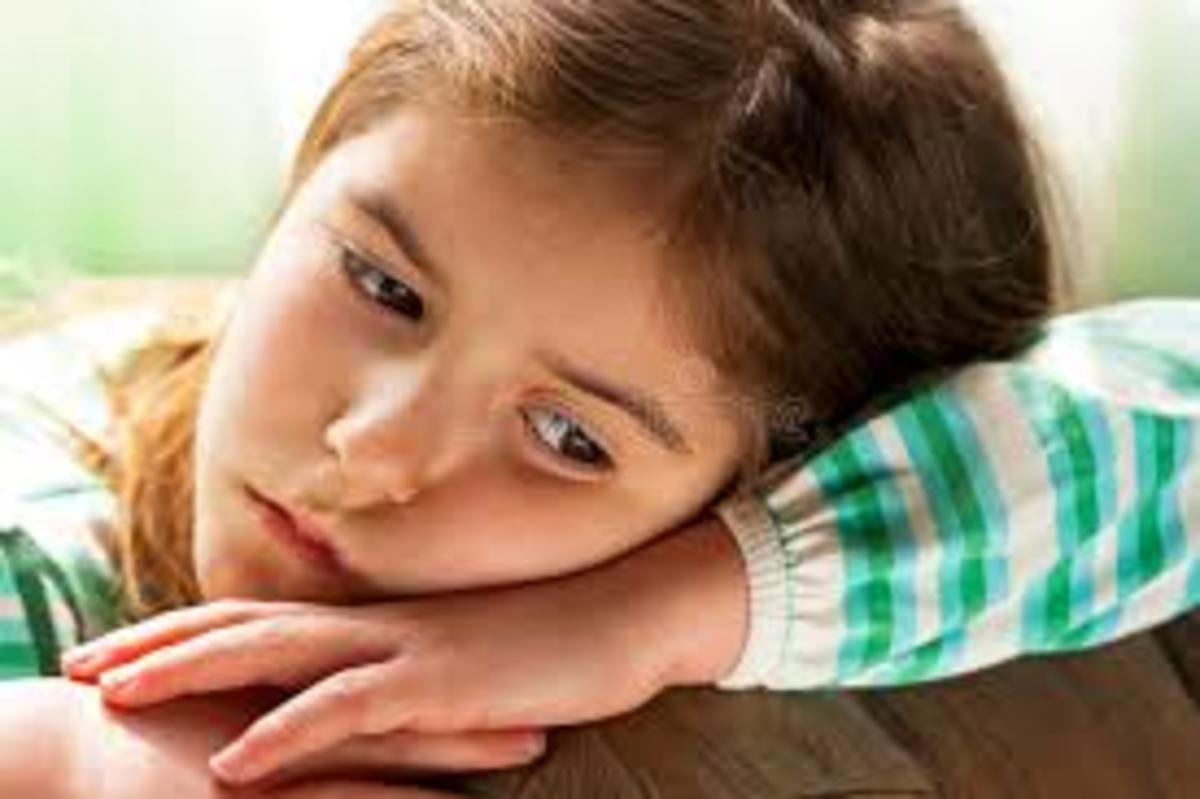Divorce through the Eyes of the Child
Effect of Divorce on Children
When parents raise their children in a married state, their children generally perform better in a wide range of outcomes when compared to children who grow up from a single parent family. Single parenthood independently contributes to higher rates of juvenile delinquency, teenage pregnancy, school dropout and other negative outcomes.
Of course it’s not necessarily the only cause for these negative outcomes, but it contributes independently to them. This does not mean that just because children grow up in a single parent family, they will fail. Truth be told, a majority of them succeed. However, it all depends on the type of divorce that the parents have. It also depends on how they raise them. So, back to the divorce and its effects.
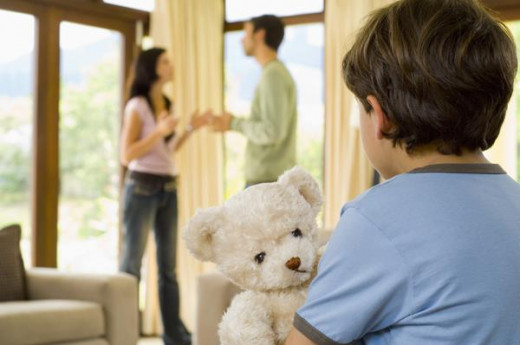
How much Divorce is in the World Today?
Divorce has increased over the last several decades. In the 90’s, between 1970 and 1977, the rates of divorce in the United States rose by seventy nine percent. In those years, people decided that it was better for the children to live with one of their parents and not both of them. Living with both parents meant that the children would have to endure abuse, conflict or both. Children living in conflict ridden households end up having behavioral problems and sometimes this leads to criminal behavior. Sometimes, divorce is a solution.
Despite this option, divorce still affects children negatively. Today, statistics show that about two out of every five children will experience their parent's divorce before they turn 18. About 25% of children will have step-parents, marriages last an average of 7.2 years and there are about 1.25 million divorces annually in the United States.
Healthy marriages are very important in addressing issues of poverty and problems children face. The effect of divorce on children is similar to the effect of single parenthood for children born out of wedlock. (These, by the way, make out about a third of all the children in the United States). Divorce can be damaging to children in the long-term. Due to the high rates of children born out of wedlock and high divorce rates, more American children end up in single parent families. Even though they fade over time, interventions such as family counselling, marital education and other similar services help create problem-solving skills, communication, and marital satisfaction. This is important in reducing divorce or improving the terms of the divorce to reduce its impact on the children.
What Children Go through when the Parents Divorce
Generally, parent undergoing divorce try to protect their children from the anguish and stress that they undergo during divorce. Despite this, the children often get affected. These effects may be in the long- or short term. Children may have to take up new schedules, new environments, and new ways to communicate with their parents. This is helpful in diminishing the stress they experience. However, if they keep quiet about the situation, they feel more stressed about it. The effect of divorce on children depends on various factors. These include:
- the economic hardships the family faces;
- how much conflict the parents have;
- the openness to discussing the divorce issues with the parents;
- love and approval from both parents and;
- the parenting skills that the parents have.
Additional factors include:
- how easily the custodial parent adjusts themselves to the divorce;
- the situation before the divorce occurred, and;
- how much the non-custodial parent contributes towards the raising of the children.

In Summary...
About 50% of parents who get married end up divorcing each other. Children are the main victims of divorce. Depending on their age, when their parent’s divorce, they may feel angry, stressed, or even abandoned. They may notice their parent’s changes in energy and often fail to accept that their parents no longer live together. They sometimes undergo behavioral changes. These could be on the extreme negative or extreme positive. They may act out by taking up bad behaviors or try to bring their parents together by being ‘good’.
Some children do not understand the situation, blame themselves for the divorce and try to fix the family. In situations where the parents express hostility towards each other, the children may experience more long term effects such as juvenile delinquency, and drug use. With the right support though, children end up feeling loved and supported after divorce.
The Long Divorce Procedures
The legal process in a divorce sometimes has a negative effect on children. It is very drawn out and long and the children experience stress because of the constant debates about custodial and financial issues. Sometimes the custody arrangements do not prioritize the children and this also causes the children stress. Children are unable to adjust to the divorce process and also the divorce decision.
Most kids are unable to psychologically adapt to the process. Many children fail to accept that the process is occurring, while others feel responsible for it. Research shows that children who have experienced the divorce procedure are antisocial and withdrawn. It also shows that many behavioral problems that children of divorce experience arise from the hostilities and animosity in the legal battle for financial and custodial ownerships between the parents.
Have your say...
Do you feel that your parents did a good job managing the impact of the divorce for you?
How Children in different Ages React to Divorce
The effects of divorce also differ for children of different ages. Let’s look at them in groups:
Preschool Kids
When divorce occurs in family with preschool children they may experience grief because one parent gets out of their life, they may experience more nightmares, become more aggressive towards the parent they live with because they blame them for causing the other parent to live and they may become more accident-prone.
Other reactions the child could have is a feeling that he or she deserves punishment. Often they feel guilty for causing the divorce. The child may hold anger inside, feel responsible, and may feel uncertain about the future. The child may also have unpleasant and pleasant fantasies. Children at this age do not understand what divorce is and can only tell that their parents are divorces because of the sudden absence of one in their lives.
The Babies
Toddlers and infants have their own reactions to divorce as well. Toddlers may withdraw and become more irritable. They may start reacting to the irritation by biting and kicking. These children may worry when their parent leaves for a while and may experience anger that they do not understand. The child may start regressing to behaviors they had as an infant, have trouble sleeping, and become clingier and cry a lot.
Toddlers may not understand why one of their parents moves away, but they notice his or her absence. Infants also notice divorce. They may not understand what it is, but they do feel a change in their parent's energy. They may become more anxious and fretful, have an upset stomach and spit up more and sometimes infants may lose their appetite.
Young Kids in Elementary School
Children in early elementary school also react to divorce. This is because they start to understand what a divorce is and know that their parents do not love each other and will not live together any more. They may undergo sleep problems, loss of appetite, and diarrhea, they may complain of stomachaches and headaches, the often fear that their parents do not care for them anymore, for example they may fear that none of their parents will pick them up from school. They worry about their future, may ignore their friends in school, feel that the parent they do not live with has rejected them, and hope that their parents get back together. Children in the early elementary school phase feel a sense of loss and many times feel deceived.
The Teenagers
Adolescents and preteens also experience stress during the divorce. These children often understand the divorce and sometimes even the reason for the divorce, but they do not want to accept it. They worry about financial matter, feel that they need to mature and grow up soon, and fear that they can never manage to get into a long term relationship.
They often try to cut out one or two parents out of their lives, may attempt to bring their parents together and may become involved in high-risk behaviors such as skipping school, drugs, and shoplifting. They may also become moralistic, show excessive bad or good behavior, try to take control over the family, or try to take advantage of their parents' high stress levels and low energy. The children at this life stage feel abandoned, disillusioned, and angry.
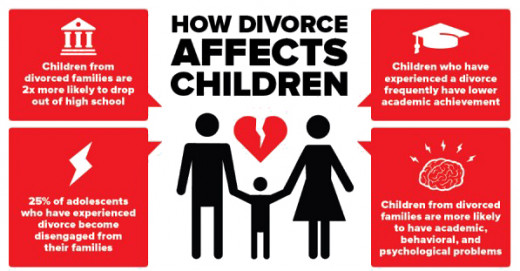
Issues in the Divorce that Stress Children
The first of them is the massive and extensive changes that the family will go through due to the divorce. Everything that the children know and have always known will change. Responsibilities and routines change and this may cause the child to feel stressed.
The second thing that results from divorce and leads to stress in children is the reduced or loss of contact with the family members. As children grow up, they become very attached to their parents. They get used to seeing them every morning and enjoying their company over meals and other interactive things. However, after the divorce, they may see them much less or never at all and this loss of attachment is a major stress factor in children.
The third cause of stress in children whose parents are undergoing divorce is the fear or abandonment. During a divorce, the child must live with one of the parents. They may feel that the other parent has abandoned them. They often feel unsafe, unlovable, and to blame for the state of things. They worry about who will take care of them and sometimes feel afraid that their lives will never be the same again.
The fourth cause of stress for children with divorce parents is hostility between their parents. Tension and arguments add to the children's feelings of guilt. When parents try to make their children take sides confuses the child and increases their stress levels. Children do not understand the state of being in the middle of a parent’s argument. So do leave the kids out of your fights.
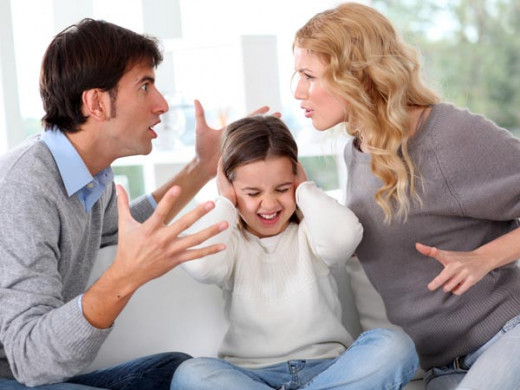
Let us know...
Did your parents have a therapist help you with your feelings when the divorce occurred?
How to Help your Child Cope with Divorce
Group work and group therapy is very effective in helping children of divorce. Support systems also help to reduce the effects of divorce. If the extended family, teachers, peers, and parent support their children, they may feel less guilty, less angry, and more adaptive to the divorce. With someone to depend on, the children are able to relieve the stress that arises from divorce, they are able to cope with the situation, understand it, and accept it.
They may also experience a normal childhood if their parents come together with a proper plan on how to raise them. This is especially if they place the children's well-being first. The child may still feel that their parents love them and their abandonment feelings may go away.

